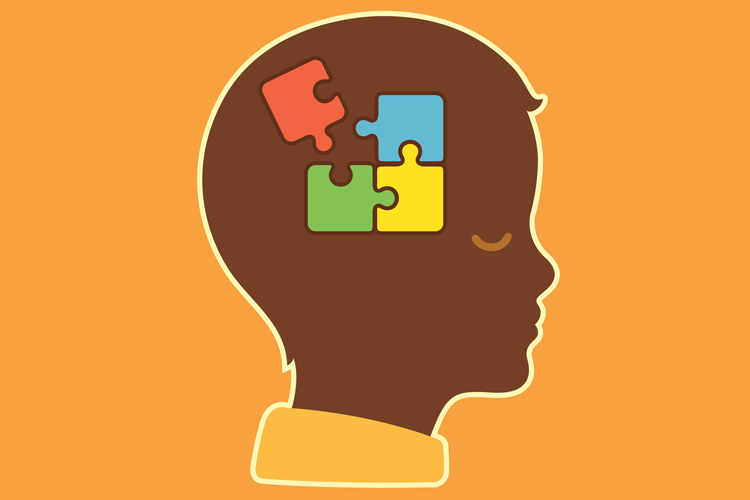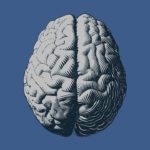Appearing in the journal Campbell Systematic Reviews, a coalition of researchers, mainly from Victoria, Australia, provided new insight into the effectiveness of cognitive-behavioral therapy (CBT) for the treatment of anxiety among children with autism spectrum disorder (ASD).
Autism can be characterized as a developmental condition affecting communication and behavior. In the past, four subtypes were established: Asperger’s syndrome, autistic disorder, childhood disintegrative disorder, and pervasive developmental disorder, not otherwise specified.
As part of their new research, a total of 931 children diagnosed with autism involved in 24 studies were analyzed. All of the studies were based in either the United States, the United Kingdom, or Australia. They spanned between 2005 to 2018.
“Examined interventions ranged across clinical, school‐based, or home‐based settings, with group or individual treatment formats,” according to the study’s co-authors.
Across those settings, the first-line therapeutic intervention known as cognitive-behavioral therapy was used in 22 of the studies, while one involved Thai traditional massage and peer-mediated theater therapy for the other.
A thorough analysis of the studies showed moderate to high effectiveness for treating symptoms of anxiety by means of psychosocial interventions.
“These findings accord with and build upon the findings of previous systematic reviews into the effectiveness of interventions to reduce anxiety in children and youth with ASD,” the co-authors concluded.
“However, because of the risk of bias in current findings, it would be useful to have further studies with larger sample sizes and to reduce potential biases where possible.”


